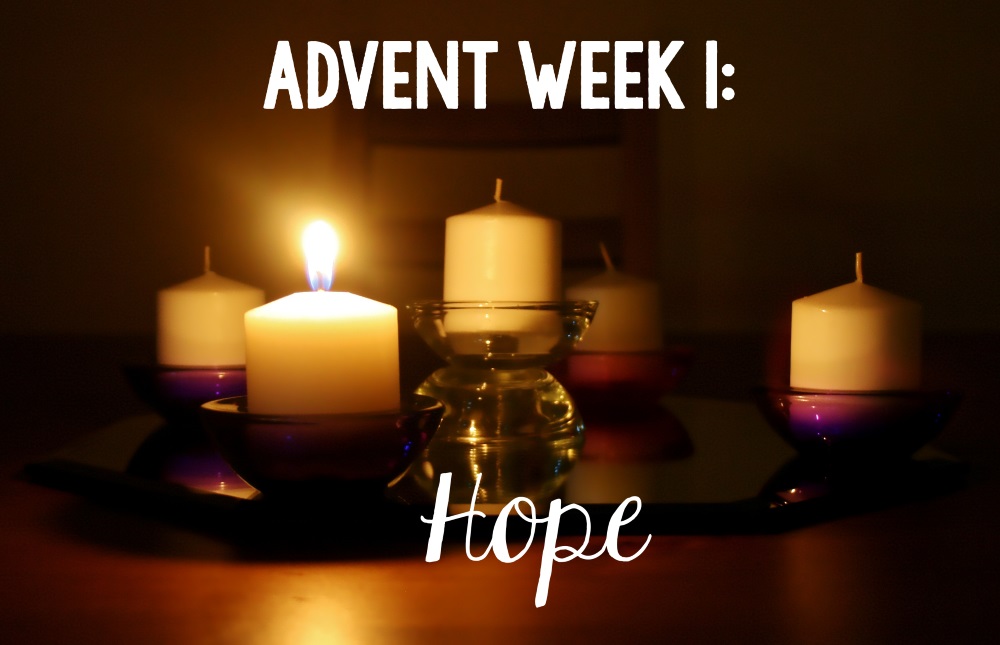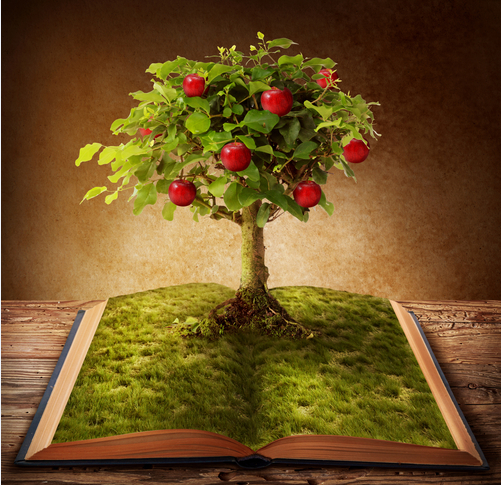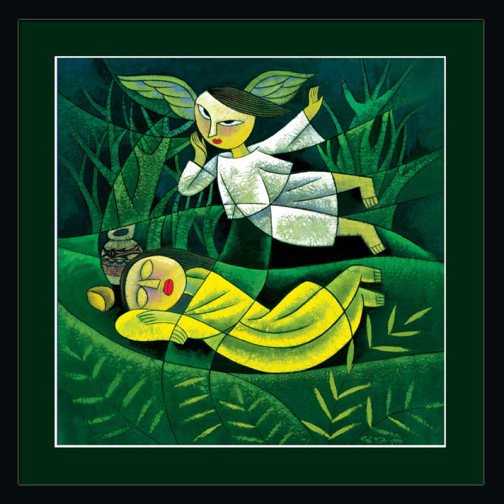Meditations on hope and resilience for the first Sunday of Advent
Hope begins in the dark … the stubborn hope that if you just show up and try to do the right thing, the dawn will come. You don’t give up. — Anne Lamott
You do not need to know precisely what is happening, or exactly where it is all going. What you need is to recognize the possibilities and challenges offered by the present moment, and to embrace them with courage, faith and hope. — Thomas Merton
SONGS about HOPE:
- Hope Linger Here by LOW Lily (folk): https://youtu.be/lv9R60CSQ54
- One Day You Will by Lady Antebellum (country): https://youtu.be/EY2Yct8LjOo
- Resilient by Rising Appalachia (country/folk): https://youtu.be/f6nXqDYj8dY
- Resilient by Katy Perry (pop): https://youtu.be/LNHM5CcvMm0
- Reach Out I’ll Be There by The Four Tops (rock): https://youtu.be/P0B0Kv7hiNo
- Hey Hey Hey by Michael Franti & Spearhead (folk/rap): https://youtu.be/IFPobQ-ewiA
- Song of Hope by Natasha Bedingfield (pop): https://youtu.be/H9eqk7Z1O3M
- Song of Hope and Peace by Jonathan van der Lugt: https://youtu.be/nmbTxiwunxI
- Broken and Beautiful by Kelly Clarkson (country/pop): https://youtu.be/aML-Fm7qIuM
- One Life by Boyce Avenue & Friends (pop): https://youtu.be/uIeEA0GdYj4
- I Hope by Gabby Barrett (pop/country): https://youtu.be/qcCH6JpcK5w
- Keep on Keepin On by Daphne Willis (folk): https://youtu.be/d_aMoO3u2lc
- The Climb by Miley Cyrus (pop/country): https://youtu.be/NG2zyeVRcbs
- Medley of Songs of Hope by Saddleback Church (Christian): https://youtu.be/qjTBWewV6O4Hope
- It’s Going to Be Alright by Sara Groves (pop): https://youtu.be/E9yNZ17j8Fg
Blessing of Hope — Jan Richardson
So may we know the hope
that is not just for someday
but for this day—here, now,
in this moment that opens to us:
hope not made of wishes
but of substance,
hope made of sinew
and muscle and bone,
hope that has breath
and a beating heart,
hope that will not keep quiet
and be polite,
hope that knows how to holler when it is called for,
hope that knows how to sing when there seems little cause,
hope that raises us
from the dead—
not someday
but this day,
every day,
again and again and again.
Advent 1: The Parable
In a mother’s womb were two babies. The first baby asked the other: “Do you believe in life after delivery?”
The second baby replied, “Why, of course. There has to be something after delivery. Maybe we are here to prepare ourselves for what we will be later.”
“Nonsense,” said the first. “There is no life after delivery. What would that life be?”
“I don’t know, but there will be more light than here. Maybe we will walk with our legs and eat from our mouths.”
The doubting baby laughed. “This is absurd! Walking is impossible. And eat with our mouths? Ridiculous. The umbilical cord supplies nutrition. Life after delivery is to be excluded. The umbilical cord is too short.”
The second baby held his ground. “I think there is something and maybe it’s different than it is here.”
The first baby replied, “No one has ever come back from there. Delivery is the end of life, and in the after-delivery it is nothing but darkness and anxiety and it takes us nowhere.”
“Well, I don’t know,” said the twin, “but certainly we will see mother and she will take care of us.”
“Mother?” The first baby guffawed. “You believe in mother? Where is she now?”
The second baby calmly and patiently tried to explain. “She is all around us. It is in her that we live. Without her there would not be this world.”
“Hah. I don’t see her, so it’s only logical that she doesn’t exist.”
To which the other replied, “Sometimes when you’re in silence you can hear her, you can perceive her. I believe there is a reality after delivery and we are here to prepare ourselves for that reality when it comes….”
— Attribution uncertain: According to Wayne Dyer, the original story was told by Henri J. W. Nouwen. Possibly adapted from the writings of Pablo Molinero. Or penned in 1947 by Orthodox Rabbi Yechiel Michel Tucazinsky. Or from the Hungarian writer Útmutató a Léleknek.
The spiritual task of life is to feed hope. Hope is not something to be found outside of us. It lies in the spiritual life we cultivate within.— Joan Chittister
There is a saying in Tibetan, ‘Tragedy should be utilized as a source of strength.’ No matter what sort of difficulties, how painful experience is, if we lose our hope, that’s our real disaster. ― Dalai Lama XIV
Life is never made unbearable by circumstances, but only by lack of meaning and purpose. ― Viktor E. Frankl
Hope lies in dreams, in imagination, and in the courage of those who dare to make dreams into reality. – Jonas Salk
Love recognizes no barriers. It jumps hurdles, leaps fences, penetrates walls to arrive at its destination full of hope. – Maya Angelou
They say a person needs just three things to be truly happy in this world: someone to love, something to do, and something to hope for. – Tom Bodett
Few things in the world are more powerful than a positive push. A smile. A world of optimism and hope. A ‘you can do it’ when things are tough. – Richard M. DeVos
A lot of people have their big dreams and get knocked down and don’t have things go their way. And you never give up hope, and you really just hold on to it. Hard work and perseverance. You just keep getting up and getting up, and then you get that breakthrough.– Robert Kraft
Hope is the dream of a soul awake. — French proverb
Dum spiro, spero: While I breath, I hope. — Latin proverb
The very least you can do in your life is figure out what you hope for. And the most you can do is live inside that hope. Not admire it from a distance but live right in it, under its roof. — Barbara Kingsolver, Animal Dreams
IS HOPE ABOUT NOW or TOMORROW, IS IT a HELP or an OBSTACLE?
Grounded hope has two parts. The “grounded” part refers to a realistic understanding of our lives and ourselves. Instead of painting a smiley face over what has happened, we bravely look at reality head-on. Seeing the situation clearly enables us to work toward recovery.
We cultivate the “hope” part by building confidence in our ability to shape what happens to us next. We start by asking, “Given what’s happened to me, what am I going to do about it? How can I build a better life on top of it?” Then we set goals for ourselves and find sources of motivation to pursue those goals.
At some point, most of us will face the task of recovering, rebuilding, and rebounding from adversity. Grounded hope can help us not just bounce back, but bounce forward. — Lee Daniel Kravetz, Option B, https://optionb.org/build-resilience/advice/steps-to-grounded-hope
Hope is important, because it can make the present moment less difficult to bear. If we believe that tomorrow will be better, we can bear a hardship today. But that is the most that hope can do for us – to make some hardship lighter. When I think deeply about the nature of hope, I see something tragic. Since we cling to our hope in the future, we do not focus our energies and capabilities on the present moment. We use hope to believe something better will happen in the future, that we will arrive at peace, or the Kingdom of God. Hope becomes a kind of obstacle. If you can refrain from hoping, you can bring yourself entirely into the present moment and discover the joy that is already here…
Western civilization places so much emphasis on the idea of hope that we sacrifice the present moment. Hope is for the future. It cannot help us discover joy, peace, or enlightenment in the present moment. Many religions are based on the notion of hope, and this teaching about refraining from hope may create a strong reaction. But the shock can bring about something important. I do not mean that you should not have hope, but that hope is not enough. Hope can create an obstacle for you, and if you dwell in the energy of hope, you will not bring yourself back entirely into the present moment. If you re-channel those energies into being aware of what is going on in the present moment, you will be able to make a breakthrough and discover joy and peace right in the present moment, inside of yourself and all around you. — Thich Nhat Hahn, Peace In Every Step
When considered only philosophically, hope, more often than not, seems to be at odds with rational, analytical thinking. But due to its proactive nature, hope in action touches the heart and creates its own validation. A good example of this is found in the philanthropic work of Microsoft co-founder Bill Gates. In the 2015 Annual Gates Letter he wrote: “Optimism for me isn’t that things will get better; it’s a conviction that we can make things better — that whatever suffering we see, no matter how bad it is we can help people if we don’t lose hope and we don’t look away.” — article from ornishliving.com
Hope is not always comforting or comfortable. Hope asks us to open ourselves to what we do not know, to pray for illumination in this life, to imagine what is beyond our imagining, to bear what seems unbearable. It calls us to keep breathing when beloved lives have left us, to turn toward one another when we might prefer to turn away. Hope draws our eyes and hearts toward a more whole future but propels us also into the present, where Christ waits for us to work with him toward a more whole world now. — Jan Richardson
When God saves people in this life by working through his Spirit to bring them to faith and by leading them to follow Jesus in discipleship, prayer, holiness, hope, and love, such people are designed…to be a sign and foretaste of what God wants to do for the entire cosmos. What’s more, such people are not just to be a sign and foretaste of that ultimate salvation; they are to be part of the means by which God makes this happen both in the present and the future. — NT Wright
Sun, Dec 6: Peace (Advent Day 8)
WEEK of PEACE
Sun, Dec 6 – DAY 8
Peace becomes the focus of this week. Peace has many dimensions.
We cultivate an inner peace that is rooted in calm and self-awareness. It grows from contemplative practices, from giving time and attention to the spiritual, emotional, and psychological wellbeing of oneself plus caring for the body.
Peace also has a presence in home settings and intimate relationships. How do we care for each other, communicate and foster connection that are sustainable and equitable for everyone involved? Do we listen to each other? Do we recognize each other’s needs and desires? Honor each other’s intrinsic value and dignity?
Finally, peace has tangible shape in our community. It occurs in civic, cultural, economic, political and social strata. What does societal peace look like? Actually, peace isn’t the lack of conflict and engagement. Rather it promotes an environment that permits creative engagement to grow and change so that resources, rights, and privileges become available to all constituent members.
Peace permeates — or reveals its absence — in all of those places: heart, soul, mind and body of individuals, within our relationships, and externally in our larger local and global context. — Rev Gail
Those of steadfast mind you keep in peace— in peace because they trust in you. — Isaiah 26:3
Whatever house you enter, first say, ‘Peace to this house!’ — Luke 10:5
Nobody can bring you peace but yourself. — Ralph Waldo Emerson
Peace can become a lens through which you see the world. Be it. Live it. Radiate it out. Peace is an inside job. —Wayne Dyer
Meditations on seeds of conflict & fruits of wisdom: hope, healing, resilience & reconciliation: themes from James 3
Is conflict always a bad thing or might it be a chance to grow? What is your response to conflict? How might you move from holy conflict to sacred response: hope, healing, resilience, and reconciliation? — Rev Gail
Excerpt from commentary by Chanequa Walker-Barnes: Conflict is not a threat that needs to be prevented or extinguished. It is an important dynamic for the growth and health of any organization. In fact, as Margaret Kornfeld states in her book, Cultivating Wholeness, the healthier that a community is, the more potential there is for conflict to emerge. Perhaps this is the understanding of conflict that the author of Proverbs had in mind when they wrote, “Iron sharpens iron, and one person sharpens the wits of another” (Prov. 27:17 NRSV). When conflict is expressed, acknowledged, and worked through, it can be a blessing that facilitates growth, strength, and positive innovation. The challenge for us is to learn how to be comfortable with the tension that conflict creates. After all, we don’t want to block the blessing.
“I am the holy being of my mother’s prayer and my father’s song”
—Norman Patrick Brown, Dineh Poet and Speaker
Recognize whose lands these are on which we stand.
Ask the deer, turtle, and the crane.
Make sure the spirits of these lands are respected and treated with goodwill.
The land is a being who remembers everything.
You will have to answer to your children, and their children, and theirs—
The red shimmer of remembering will compel you up the night to walk the perimeter of truth for understanding.
As I brushed my hair over the hotel sink to get ready I heard:
By listening we will understand who we are in this holy realm of words.
Do not parade, pleased with yourself.
You must speak in the language of justice.
Reflections on mountain, wind, fire, quake and silence: themes from 1 Kings.
Holiness, not in the fire, wind or quake, but in the silence that comes after: It is about sweeping in when we are too comfortable and moving us out of those places we cling to when we fear the unknowns and try to avoid the pain and injustice around us. It is about empowering us to do the things that so many others – and even sometimes our own systems – have told us we cannot do because of our gender, age, or economic situation, our education status, color of skin, or sexual orientation. It is about equipping ALL of us to be prophets by speaking truth, spreading love, and fighting for justice and equality for all of God’s children. — Nadia Bolz-Weber
Song: The Climb performed by Miley Cyrus (video link)
Zazen on Ching-t’ing Mountain
— Li Po, Translated by Sam Hamill
The birds have vanished down the sky.
Now the last cloud drains away.
We sit together, the mountain and me,
until only the mountain remains.
To me a mountain is a buddha. think of the patience, hundreds of thousands of years just sittin there bein perfectly perfectly silent and like praying for all living creatures in that silence and just waitin for us to stop all our frettin and foolin. ― Jack Kerouac
Continue reading “Reflections on mountain, wind, fire, quake and silence: themes from 1 Kings.”
God on the Mountain: Reflections for this week
Acts of God … where God is and where God is not — reflections on natural disasters and the aftermath — mountain, wind, fire, quake and silence: themes from 1 Kings. Where do you find ‘acts of God’ in your life? What evokes the presence of the sacred for you?
Holiness, not in the fire, wind or quake, but in the silence that comes after: It is about sweeping in when we are too comfortable and moving us out of those places we cling to when we fear the unknowns and try to avoid the pain and injustice around us. It is about empowering us to do the things that so many others – and even sometimes our own systems – have told us we cannot do because of our gender, age, or economic situation, our education status, color of skin, or sexual orientation. It is about equipping ALL of us to be prophets by speaking truth, spreading love, and fighting for justice and equality for all of God’s children. — Nadia Bolz-Weber Continue reading “God on the Mountain: Reflections for this week”


